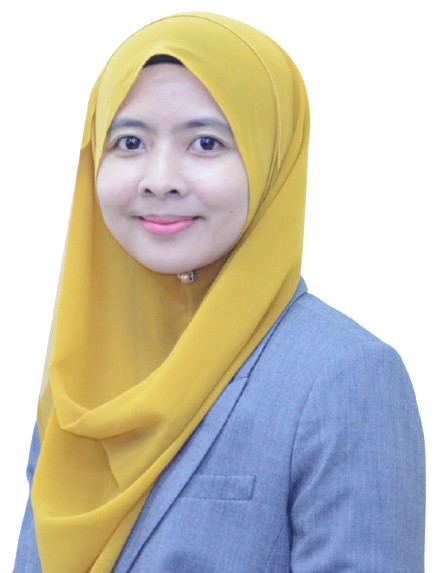- OVERVIEW
- PROGRAM EDUCATIONAL OBJECTIVES (PEO)
- PROGRAM OUTCOMES
- CAREER OPPORTUNITIES
- FEE
- HEAD OF PROGRAMME
The Mannheim University of Applied Sciences (Hochschule Mannheim, HMA) is a public higher education institution located in Mannheim, Germany, established in 1898. As one of the largest universities of applied sciences in Baden-Württemberg, HMA serves approximately 5,200 students and employs 180 professors. The university offers 27 bachelor's degree programs and 12 master's degree programs in fields such as engineering, informatics, biotechnology, design, and social affairs. In response to advancements in science and technology and the evolving labor market, HMA has introduced innovative study programs in computer science, engineering and management, and biotechnology to complement its traditional engineering departments.
With over 120 partner university agreements worldwide, HMA provides students with numerous opportunities for study-integrated stays abroad, including dual degree program, theoretical semesters, practical semesters, or thesis semesters at international institutions.
The dual degree program between UMPSA and HMA is a 4.5-year program (3+1.5), where students spend three years at UMPSA and 1.5 years at HMA. Upon completing the required credits at both universities, students are awarded two degrees: Bachelor of Chemical Engineering with Honours from UMPSA and Bachelor of Science (B.Sc.) Process Engineering from HMA. This program offers students the chance to learn the German language, experience Germany's vibrant industries and diverse cultures, and benefit from world-class research facilities and infrastructure. Additionally, students gain exposure to different learning environments, fostering improved communication skills and a global perspective.
|
PEO1 |
Graduates are competent, practice professionalism and accomplish advanced standing in chemical or related engineering fields. |
|
PEO2 |
Graduates continue to acquire knowledge in technical and non-technical areas in pursuit of life-long learning. |
|
PEO3 |
Graduates demonstrate commitment to the community and the profession, holding responsible positions that contribute to the well-being of the society and sustainable development. |
-
PO1 Engineering Knowledge: Apply knowledge of mathematics, natural science, engineering fundamentals and an engineering specialisation as specified in WK1 to WK4 respectively to the solution of complex chemical engineering problems.
- PO2 Problem analysis: Identify, formulate, conduct research literature and analyse complex chemical engineering problems reaching substantiated conclusions using first principles of mathematics, natural sciences and engineering sciences (WK1 to WK4).
- PO3 Design/Development of solutions: Design solutions for complex chemical engineering problems and design systems, components or processes that meet specified needs with appropriate consideration for public health and safety, cultural, societal, and environmental considerations (WK5).
- PO4 Investigation: Conduct investigation of complex chemical engineering problems using research-based knowledge (WK8) and research methods including design of experiments, analysis and interpretation of data, and synthesis of information to provide valid conclusions.
- PO5 Modern Tool Usage: Create, select and apply appropriate techniques, resources, and modern engineering and IT tools, including prediction and modelling, to complex chemical engineering problems, with an understanding of the limitations (WK6).
- PO6 The Engineer and Society: Apply reasoning informed by contextual knowledge to assess societal, health, safety, legal and cultural issues and the consequent responsibilities relevant to professional engineering practice and solutions to complex chemical engineering problems (WK7).
- PO7 Environment and Sustainability: Understand and evaluate the sustainability and impact of professional engineering work in the solutions of complex chemical engineering problems in societal and environmental contexts. (WK7).
- PO8 Ethics: Apply ethical principles and commit to professional ethics and responsibilities and norms of engineering practice (WK7).
- PO9 Individual and Teamwork: Function effectively as an individual, and as a member or leader in diverse teams and in multi-disciplinary settings.
- PO10 Communications: Communicate effectively on complex chemical engineering activities with the engineering community and with society at large, such as being able to comprehend and write effective reports and design documentation, make effective presentations, and give and receive clear instructions.
- PO11 Project Management and Finance: Demonstrate knowledge and understanding of engineering management principles and economic decision making and apply these to one’s own work, as a member and leader in a team, to manage projects in multidisciplinary environments.
-
PO12 Lifelong Learning: Recognise the need for, and have the preparation and ability to engage in independent and life-long learning in the broadest context of technological change.
➢ Chemical Engineer
➢ Process Control Engineer
➢ Plant Engineer
➢ Production/ Process/ Operation Engineer
➢ Safety Engineer
➢ Environmental Engineer
➢ Quality Assurance Engineer
There is a greater chance of working in Germany.
About MYR 131,152 in total (including living expenses, hostel, & flight ticket).


